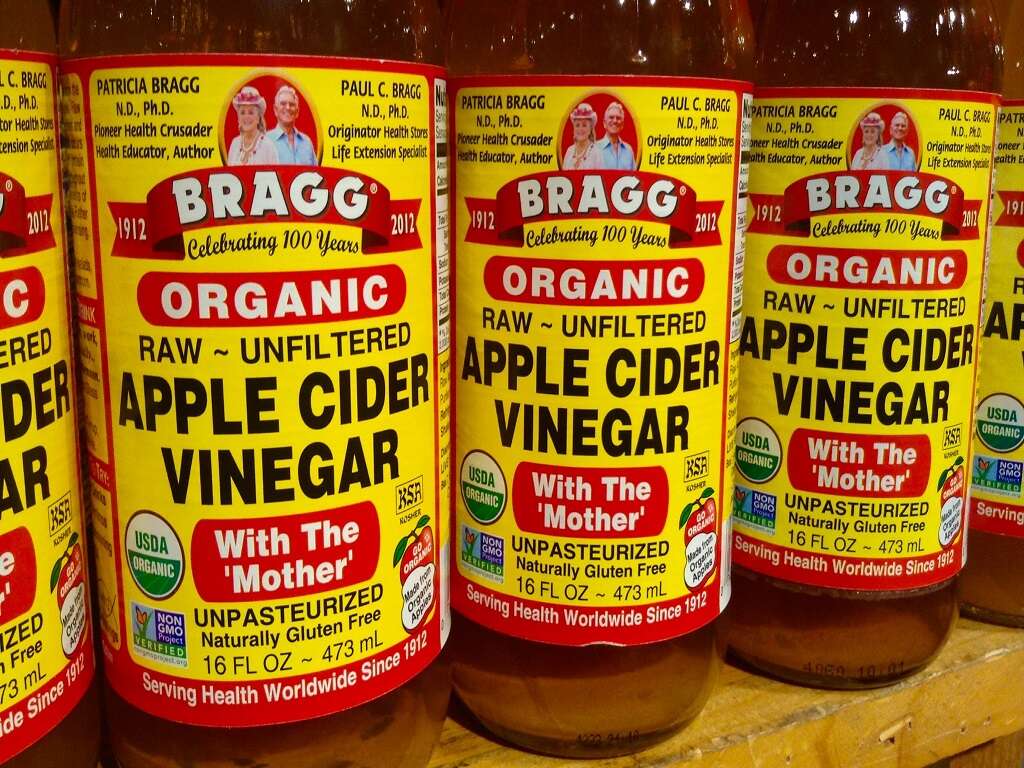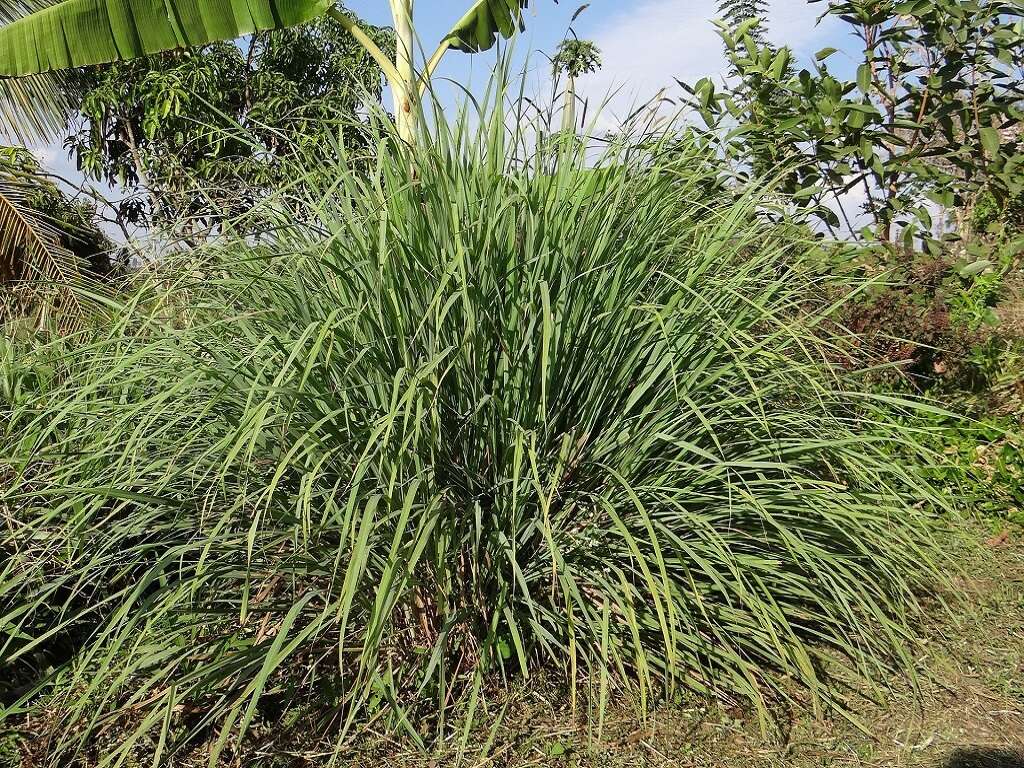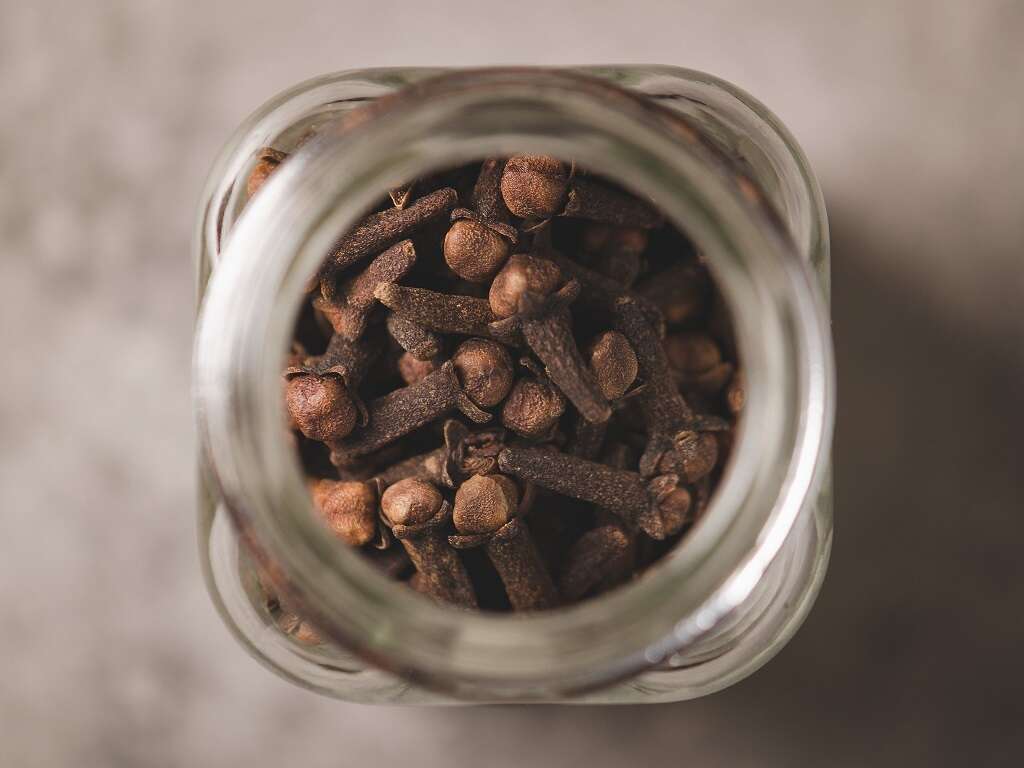10 Benefits Of Spicy Foods
Spices come from the dried part of a plant and are primarily used for flavoring, coloring, or preserving foods. Herbs, though similar, come from the leaves, flowers, or stems of a plant. Spices have been used for centuries and origins can be traced back to the Middle Ages in which spices, such as black pepper and cinnamon, were traded as goods.
An entire spice trade existed because spices had many medicinal purposes such as healing wounds, curing fevers, and even mummification in ancient Egypt. In recent times, many may simply see spices as a form of adding flavoring.
However, numerous studies have shown spices have many health benefits. Some of these benefits include increased metabolism, decreased inflammation, and positive effects on the heart.

Spicy Foods Benefit #1: Increased Life Span
One benefit of eating spicy foods is the positive effect they have on life span. According to a study by Harvard and the Chinese National Center for Disease Control and Prevention, eating spices has been linked to lowered mortality rates.
In their study, they collected data on the spice consumption of Chinese men and women. China has one of the highest consumption of spices, which was one reason this region was chosen. Their study grouped participants based on their consumption of spices as: once a week, 2, 3, 5, 6 or 7 times a week. They found even eating a spice once a week decreased mortality in comparison to non-spice eaters with the highest decreased mortality in those whom consumed spices 7 times a week,

Spicy Foods Benefit #2: Speedy Metabolism
Another benefit of adding spices to your diet is the effect it may have on one’s resting metabolic rate (RMR). RMR is the rate at which your body burns calories when it is at complete rest. A high metabolic rate is beneficial for weight loss, however, for many, our RMR decreases as we age.
Fortunately, studies have shown certain spices, such as cumin, turmeric, cinnamon, and peppers can raise your resting metabolic rate. In addition, another study has shown red peppers can decrease appetite and ease desires to consume fatty, salty and sweet foods.

Spicy Foods Benefit #3: Fight Cancer Cells
Some spices have been shown to fight cancer cells without harming healthy cells. In one study done by the American Association for Cancer Research, they found that capsaicin, a component of red peppers, inhibited the growth of prostate cancer cells. More specifically, they found the compound not only inhibited the transcription prostate specific antigen but also induced apoptosis of the prostate cancer cells.
In addition, the turmeric spice has also been associated with killing cancer cells. Turmeric contains curcumin, which is what gives curry its yellow color. Numerous studies have shown even a small dose of the spice a day can literally choke out cancer cells as the spice works against nutrients in the body that are feeding the cancer.

Spicy Foods Benefit #4: Helps with Nausea
Another powerful spice that can combat everyday ills is ginger. Ginger is known all over the world and can be added to drinks such as tea or coffee in addition to numerous dishes. One great benefit of ginger, except its taste, is its effectiveness against nausea.
In historical times, ginger was used at sea to ease the effects of sea sickness. Its affect against nausea is especially popular amongst pregnant women. According to one review of 1,278 pregnant women who consumed 1.1 – 1.5 grams of ginger a day, a significant decrease in symptoms of nausea were reported by the women. In another study, it was found ginger helped relieve nausea and vomiting in patients post-surgery.
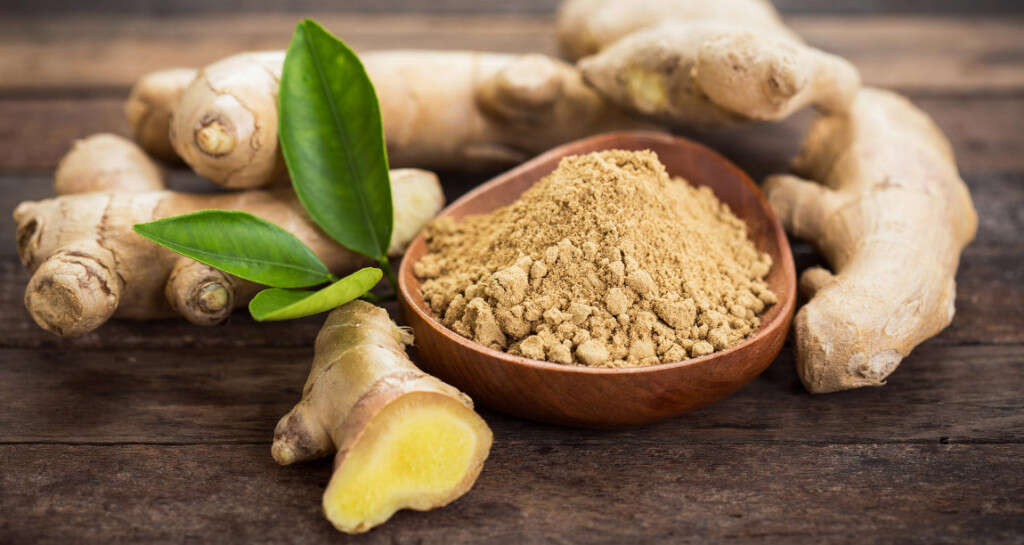
Spicy Foods Benefit #5: Long Shelf Life
One great benefit of spices is their long shelf life. Often, we can keep spices for a month or even years in our spice cabinet and they can still be used without causing any harm. Of course, not all spices can be treated the same and different spices have different timelines until they begin to lose their fresh taste.
Whole spices can last up to 4 years and ground spices can last 2-3 years. If you still have the spice after this timeframe chances are it is still okay for use, however it may just lose some of its flavour. Instead of throwing spices out, they can be used around your house and garden. Some spices can be used in home-made soap, sachets, aroma therapy, or can be sprinkled in a garden to keep critters out.

Spicy Foods Benefit #6: Combat Diabetes
Recent studies have evaluated a link between ginger and anti-diabetic properties. In a study done in 2015, individuals with type 2 diabetes were given 2 grams of ginger powder per day for 10 weeks. The results were very promising. The participants saw a 12% decrease in blood sugar. In addition, participants also saw a 10% reduction in their HbA1c levels after taking for 10 weeks. HbA1c levels tells doctors the average blood sugar levels over 120 days. This is the main marker that determines if an individual is diabetic.
Diabetes is a risk factor for heart disease, stroke, and even blindness. Thus, any spice or food that can ease its effects is very beneficial.
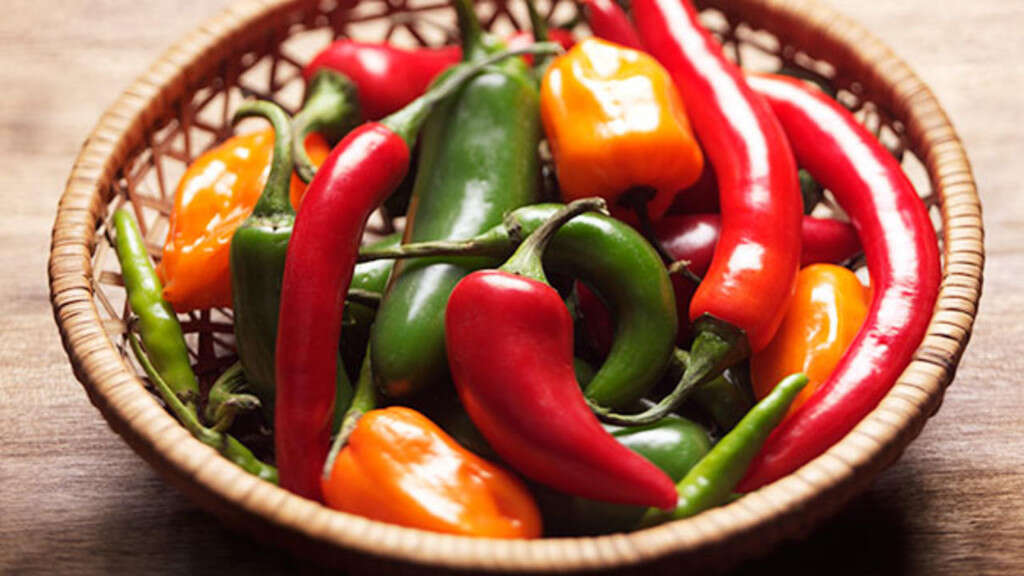
Spicy Foods Benefit #7: Nutrition Profile
One of the most amazing things about spices is that just a pinch or two adds on a plethora of flavor. Often with great flavor we fear a plethora of calories will follow. However, spices are very low in calories. Thus, if you enjoy a strong spice taste, pack it on, as it will have very little effect on calorie intake.
In addition to being low in calorie, many spices are also high in antioxidants that can combat inflammation and even viral infections. This can especially be seen in cinnamon, turmeric, mustard, and chili peppers.

Spicy Foods Benefit #8: Heart Health
One study released in the journal of Agricultural and Food Chemistry found that chili peppers play a role in decreasing blood pressure, bad cholesterol levels, and blocking a gene that makes arteries contract. Contracted arteries can lead to dangerous blockages of blood flow, which can eventually lead to a heart attack or stroke.
In this study, researchers fed hamsters high cholesterol diets. They then added foods with capsaicinoids, the primary compound in peppers. They found the spicy addition to the diet was accompanied with lower cholesterol levels and less plaque in arterial walls, thus more relaxed arteries. Though consuming a pile of chili peppers is not likely in the common diet, adding it to balanced meals may be beneficial to heart health.

Spicy Foods Benefit #9: Makes You Feel Good
Eating spicy food can literally make you feel good. It has been shown that eating spicy foods can increase serotonin levels in your brain and release endorphins.
The reason behind this effect is very interesting. When we eat spicy food, our brain believes we are in pain, in response our body releases endorphins as a way to block this pain. In addition, dopamine is released. Dopamine is responsible for the pleasure feeling we get when we eat spicy food, which is why we often feel euphoric or even proud when we eat something spicy.

Spicy Foods Benefit #10: Can Help Prevent Stomach Ulcers
It is usually taught that spicy foods cause stomach ulcers rather than treat them. Well, some research combats this ideal and shows that spicy food may combat ulcers.
The reason behind this is when you eat spicy food, you produce quite little gastric acid from it.




